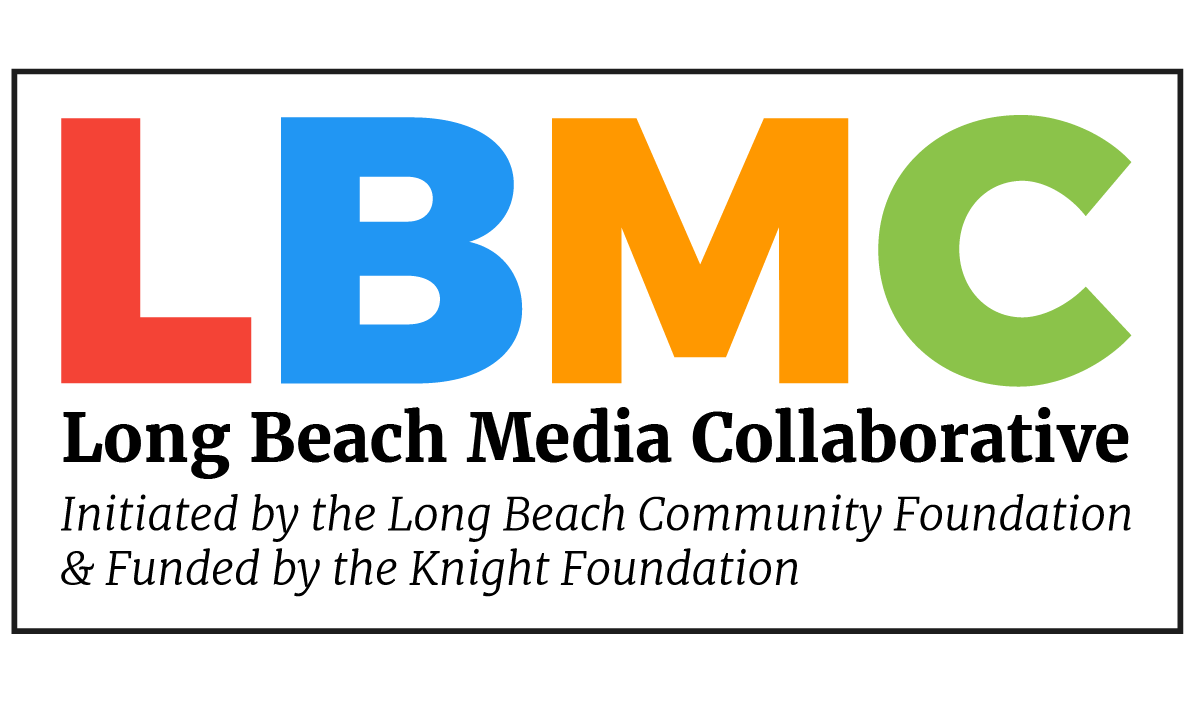During the past few decades, global internet use has risen dramatically. For many, the internet is the primary source of information exchange with billions of connected users sharing images, posts, emails, stories, medical and business information and a variety of other important life events.
Related: Some say access to internet is so crucial, it is a human right
Under-connected
Despite the large number of connected users around the globe, there are still large pockets of the population that are under-connected due to economics or oppression. The lack of access and suppressive tactics by certain governments prompted the United Nations Human Rights Council to pass a non-binding resolution in 2016 that condemns countries that intentionally take away or disrupt its citizens’ internet access.

The under-connected live disproportionately in developing countries

Mobile impact
With the advent of the smartphone our world has become more interconnected socially and economically. During the past several years, there has been an increase in the percentage of people in emerging and developing nations who use the internet and own a smartphone.
Two-thirds of the world is online
Percentage of online users or smartphone owners who access the internet

Usage frequency
Percentage of internet or smartphone owners who are online:

Social media usage
Regional medians of adult internet users or smartphone owners who use social networking sites

Top five and bottom five smartphone owners
Although there has been an increase in the share of people in many emerging nations owning a smartphone, richer countries still have higher levels of ownership compared with poorer nations.

U.S. internet trends
Although the number of Americans who use the internet has grown over the years, more than one in 10 Americans were offline according to Pew Center Research data. Below is a demographic breakdown of the percentage of American adults who use the internet.
Income level

Ethnicity

Age level

Education level

Community type

Gender

Sources: 2016 Facebook white paper, “The Inclusive Internet Index: Bridging, American Trends Panel, Pew Research Center 2015 report (based on a series of surveys conducted by Pew Research Center in association with the John S. and James L. Knight Foundation), iLearn II: An Analysis of the Education Category on Apple’s App Store, internetlivestats.com, Spring 2015 Global Attitudes survey, Q70 & Q72


Comments are closed.